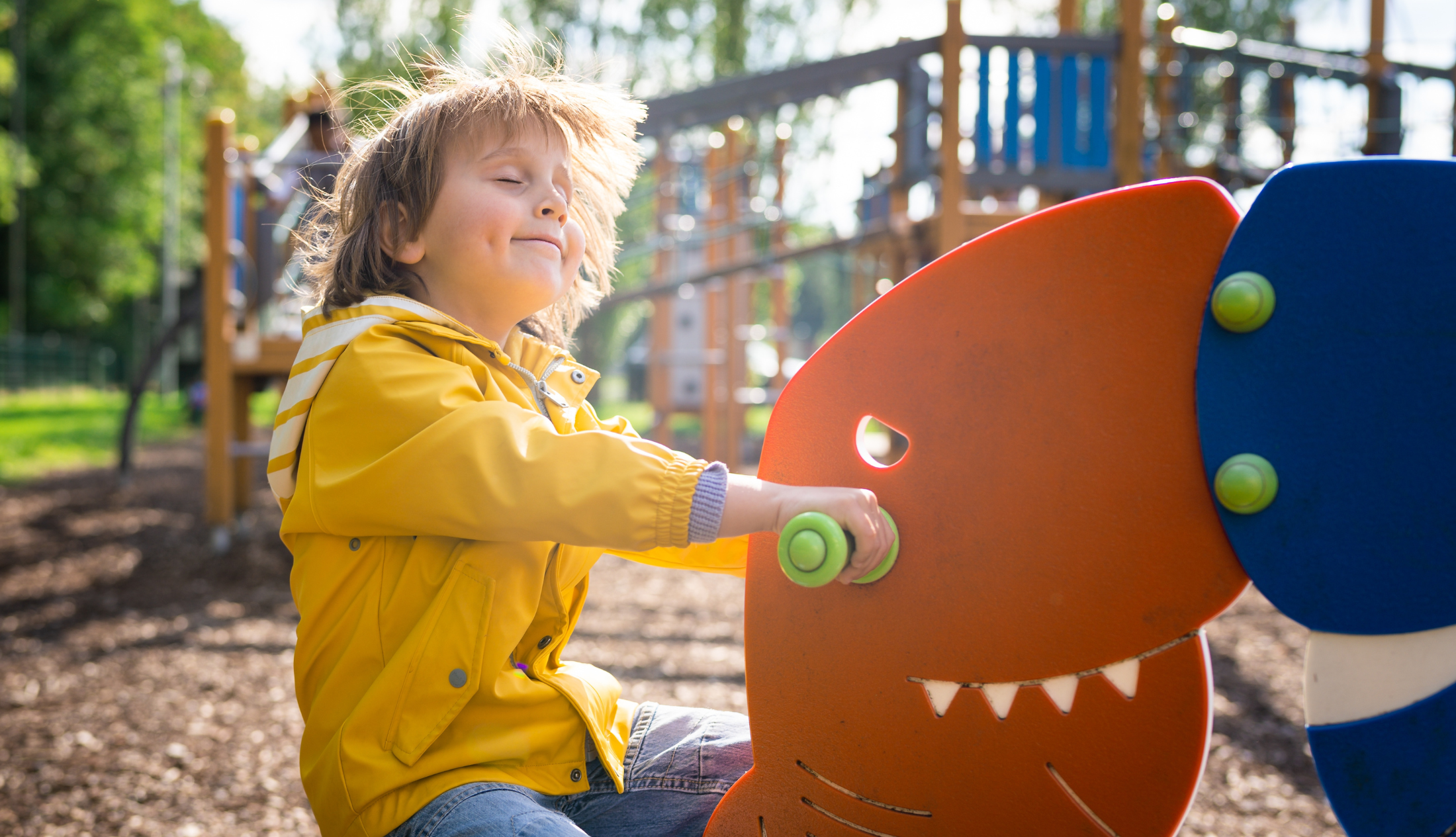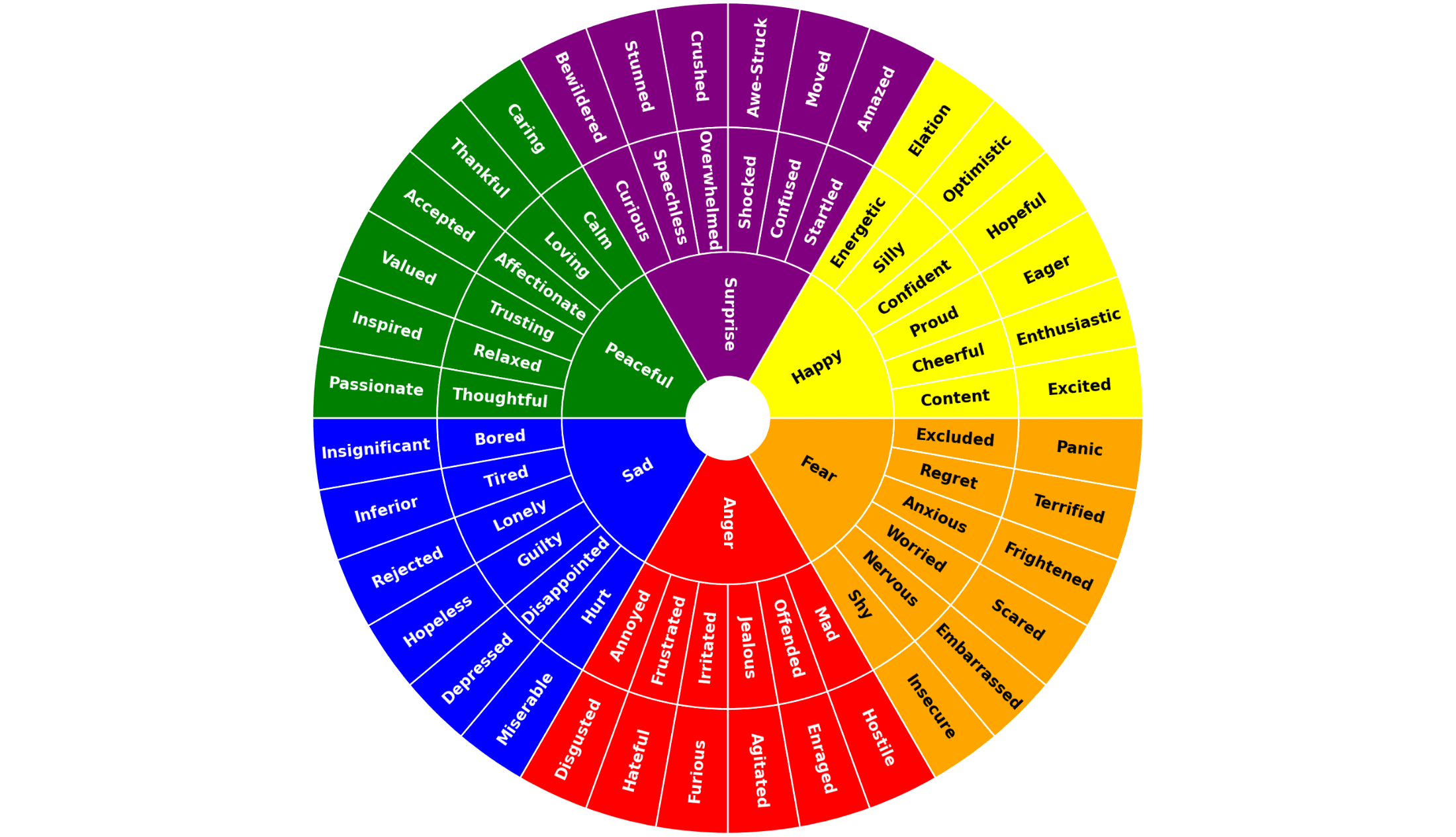How to Foster Emotional Intelligence in Your Child
How to Foster Emotional Intelligence in Your Child

In today’s fast-paced world, emotional intelligence (EI) is an essential skill for children to develop. It not only helps them navigate their emotions but also enhances their relationships and overall success in life. Learning and supporting emotional intelligence may seem hard, but all parents can begin this journey with the right support.
At South Miami Psychology Group, we help parents raise emotionally intelligent children. We are here to support you through the process. This blog provides tips and strategies to help your child develop emotional intelligence. This will help you understand how to help them grow up to be emotionally healthy and strong individuals.
Understanding Emotional Intelligence
Emotional intelligence involves the ability to recognize, understand, and manage one’s own emotions and those of others. It comprises several key components: self-awareness, self-regulation, social awareness, and relationship management.

Self-Awareness: The Foundation of Emotional Intelligence
Self-awareness is the cornerstone of emotional intelligence. It involves recognizing one’s emotions and understanding how they affect behavior and thoughts.
- Teach Your Child to Identify Emotions: Use emotion charts or storytelling to help your child label their feelings. For example, ask them to describe how a character in a story might feel and why. Visual aids, like emoji flashcards, can also be effective in helping younger children associate feelings with facial expressions.
- Encourage Reflective Thinking: Create a safe space for your child to express their thoughts and feelings. You can ask questions like “How did that make you feel?” or “What caused that feeling?” This can help older kids express their emotions. Writing or drawing can also be helpful in expressing emotions. If you’re finding it difficult to encourage this reflective thinking at home, South Miami Psychology Group offers family therapy sessions that can provide additional support and techniques.
- Model Self-Awareness: Children learn a lot by observing. Demonstrate self-awareness by expressing your feelings in a suitable manner. For instance, “I feel frustrated because the traffic made us late, but we can still enjoy our time together.” Show how to manage these feelings by discussing your coping mechanisms.
Teaching Self-Regulation
Self-regulation refers to the ability to manage one’s emotions, thoughts, and behaviors in different situations. It’s about controlling impulses, staying focused, and managing stress.
Self-Regulation Techniques
- Practice Deep Breathing and Mindfulness: Introduce your child to simple mindfulness exercises and deep breathing techniques. For example, take deep breaths together when they are upset or anxious. Activities like guided imagery and progressive muscle relaxation can also help them calm down and regain focus. South Miami Psychology Group offers mindfulness workshops designed for families to learn these techniques together.
- Develop Problem-Solving Skills: Teach your child how to approach problems calmly and thoughtfully. Role-playing different scenarios can be a fun and effective way to practice this. Encourage them to think of multiple solutions and consider the consequences of each.
- Establish a Routine: Consistency helps children feel secure and understand what to expect. A structured routine can minimize anxiety and improve self-regulation. Include regular times for meals, homework, and bedtime to create a sense of order.
- Teach Delayed Gratification: Help your child learn patience and impulse control by practicing delayed gratification. Simple activities like waiting a few minutes before eating a treat or completing a small chore before playtime can build these skills. If you’re seeking more strategies, our therapists can guide you in developing practical approaches to teach delayed gratification.
Enhancing Social Awareness and Relationship Management
Social awareness involves understanding others’ emotions, needs, and concerns, while relationship management is about maintaining healthy and rewarding relationships.
Building Empathy and Social Skills
- Encourage Empathetic Thinking: Teach your child to see things from others’ perspectives. Discuss different situations and ask, “How do you think they feel?” This helps build empathy and compassion. Share stories that highlight diverse experiences and encourage discussions about feelings and reactions.
- Promote Cooperative Play: Activities that require teamwork can enhance social skills. Encourage your child to participate in group games and projects that necessitate cooperation and communication. Sports, board games, and team-based learning activities are excellent ways to practice these skills.
- Teach Conflict Resolution: Equip your child with the tools to resolve conflicts peacefully. Role-play common conflicts and discuss possible solutions. Emphasize the importance of listening and finding a compromise. Introduce the concept of “I” statements (e.g., “I feel upset when…”) to express feelings without blaming others. If conflict resolution is particularly challenging for your child, consider our conflict resolution workshops.
- Foster Active Listening Skills: Show your child how to listen attentively to others without interrupting. Practice this by engaging in conversations where each person takes turns speaking without interruption. Discuss the importance of body language, eye contact, and verbal acknowledgments in active listening.
Encouraging Positive Relationships
- Model Healthy Relationships: Your child will learn about relationships by watching how you interact with others. Show kindness, respect, and effective communication in your own relationships. If you’re seeking ways to improve your own relationship skills, our individual therapy sessions can help.
- Discuss Friendships: Talk about what makes a good friend and how to be one. Encourage your child to form friendships based on mutual respect and trust.
- Monitor Social Interactions: Observe your child’s interactions with peers and provide gentle guidance when necessary. Praise positive social behaviors and address negative ones constructively. Our child psychologists can work with you to develop effective monitoring and intervention strategies.
Developing Emotional Vocabulary
- Expand Emotional Vocabulary: Help your child develop a rich vocabulary for describing their emotions. Use more specific words like “excited,” “frustrated,” “anxious,” and “content” instead of just “happy” or “sad.” Our therapists can provide resources and activities to support the development of a robust emotional vocabulary.
- Use Books and Media: Children’s books and movies are great tools for teaching emotional vocabulary. Discuss characters’ feelings and actions, and relate them to your child’s experiences.
Teaching Emotional Coping Strategies
- Identify Triggers: Help your child recognize what triggers their emotional responses. Understanding these triggers can help them manage their reactions better. Our team can work with you and your child to identify triggers and develop personalized coping strategies.
- Create a Coping Toolbox: Develop a set of coping strategies your child can use when they feel overwhelmed. This could include deep breathing, drawing, listening to music, or taking a walk.
Time To Foster Emotional Intelligence In Your Child
Fostering emotional intelligence in your child is a continuous journey that requires patience, practice, and persistence. – Help your child understand their emotions. – Help your child build strong relationships. – Focus on self-awareness. – Focus on self-regulation. – Focus on social awareness. – Focus on relationship management. Remember, emotional intelligence is a lifelong skill that will benefit your child in every aspect of their life.
If you need help nurturing emotional intelligence in your child, our team at South Miami Psychology Group is here for you. Contact us today to schedule a consultation and explore our family therapy services. Together, we can create a supportive environment for your child’s emotional growth.


